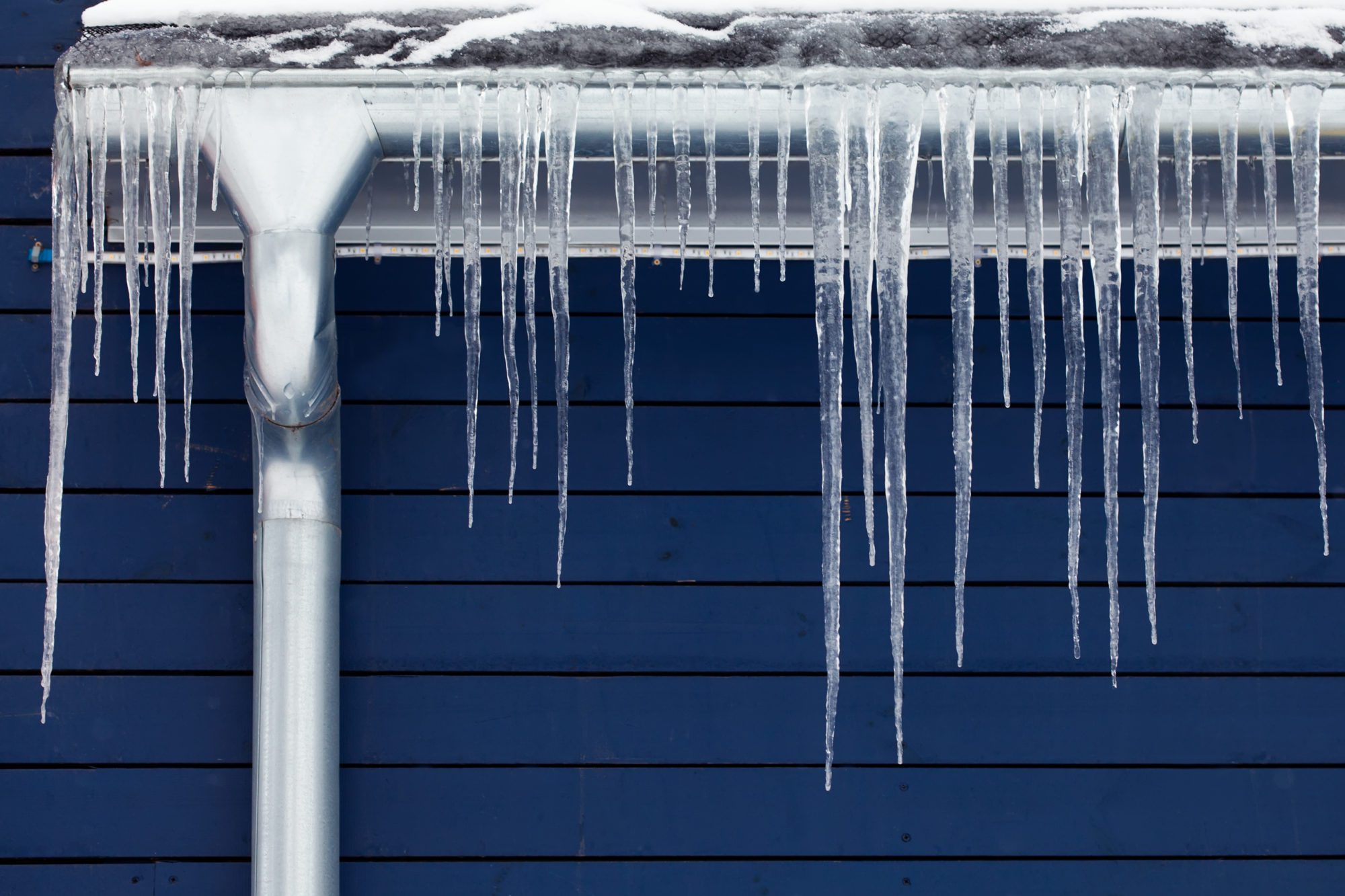Tips for Preventing Frozen Pipes in Winter: Professional Advice
Tips for Preventing Frozen Pipes in Winter: Professional Advice
Blog Article
Every person will have their own thinking with regards to How To Avoid Freezing Pipes.

Cold weather can damage your plumbing, especially by freezing pipes. Below's just how to avoid it from taking place and what to do if it does.
Intro
As temperature levels decrease, the threat of icy pipelines boosts, potentially causing expensive repairs and water damage. Comprehending exactly how to avoid frozen pipes is vital for property owners in cool climates.
Avoidance Tips
Insulating vulnerable pipelines
Cover pipelines in insulation sleeves or use warm tape to secure them from freezing temperature levels. Concentrate on pipes in unheated or external areas of the home.
Home heating techniques
Keep interior areas properly heated up, particularly areas with plumbing. Open cupboard doors to enable cozy air to flow around pipelines under sinks.
How to recognize frozen pipes
Look for lowered water circulation from taps, unusual odors or sounds from pipelines, and noticeable frost on exposed pipes.
Long-Term Solutions
Architectural changes
Think about rerouting pipes away from outside walls or unheated areas. Add additional insulation to attics, basements, and crawl spaces.
Upgrading insulation
Purchase top quality insulation for pipelines, attics, and walls. Correct insulation assists preserve regular temperatures and minimizes the risk of frozen pipelines.
Safeguarding Outside Pipes
Garden hose pipes and outside faucets
Disconnect and drain garden hoses before winter months. Mount frost-proof spigots or cover outdoor faucets with shielded caps.
Understanding Icy Pipes
What causes pipes to ice up?
Pipes freeze when exposed to temperature levels below 32 ° F (0 ° C) for extended durations. As water inside the pipelines ices up, it broadens, putting pressure on the pipeline wall surfaces and potentially causing them to rupture.
Risks and problems
Frozen pipelines can lead to water disruptions, home damages, and pricey repair work. Ruptured pipelines can flood homes and trigger comprehensive structural damage.
Signs of Frozen Piping
Determining frozen pipes early can avoid them from rupturing.
What to Do If Your Pipes Freeze
Immediate activities to take
If you presume icy pipelines, keep taps open up to eliminate stress as the ice thaws. Utilize a hairdryer or towels soaked in hot water to thaw pipelines gradually.
Conclusion
Protecting against frozen pipelines calls for proactive actions and quick reactions. By understanding the causes, indicators, and safety nets, house owners can shield their pipes throughout winter.
Helpful Tips to Prevent Frozen Pipes this Winter
UNDERSTANDING THE BASICS: WHY PIPES FREEZE AND WHY IT’S A PROBLEM
Water freezing inside pipes is common during the winter months, but understanding why pipes freeze, and the potential problems it can cause is crucial in preventing such incidents. This section will delve into the basics of why pipes freeze and the associated problems that may arise.
THE SCIENCE BEHIND FROZEN PIPES
When water reaches freezing temperatures, it undergoes a physical transformation and solidifies into ice. This expansion of water as it freezes is the primary reason pipes can burst. As the water inside the pipe freezes, it expands, creating immense pressure on the walls. If the pressure becomes too great, the pipe can crack or rupture, leading to leaks and water damage.
FACTORS THAT CONTRIBUTE TO PIPE FREEZING
Low Temperatures: Extremely cold weather, especially below freezing, increases the risk of pipes freezing. Uninsulated or Poorly Insulated Pipes: Pipes located in unheated areas, such as basements, crawl spaces, or attics, are more prone to freezing. Insufficient insulation or lack of insulation altogether exacerbates the problem. Exterior Wall Exposure: Pipes running along exterior walls are susceptible to freezing as they encounter colder temperatures outside. Lack of Heating or Temperature Regulation: Inadequate heating or inconsistent temperature control in your home can contribute to frozen pipes. PROBLEMS CAUSED BY FROZEN PIPES
- Pipe Bursting: As mentioned earlier, the expansion of water as it freezes can cause pipes to burst, resulting in significant water damage.
- Water Damage: When pipes burst, it can lead to flooding and water damage to your property, including walls, ceilings, flooring, and personal belongings.
- Structural Damage: Prolonged exposure to water from burst pipes can compromise the structural integrity of your home, leading to costly repairs.
- Mold and Mildew Growth: Excess moisture from water damage can create a favorable environment for mold and mildew growth, posing health risks to occupants.
- Disrupted Water Supply: Frozen pipes can also result in a complete or partial loss of water supply until the issue is resolved.
WHY CERTAIN PIPES ARE MORE PRONE TO FREEZING
- Location: Pipes located in unheated or poorly insulated areas, such as basements, crawl spaces, attics, or exterior walls, are at higher risk of freezing.
- Exterior Pipes: Outdoor pipes, such as those used for irrigation or exposed plumbing, are particularly vulnerable to freezing as they are directly exposed to the elements.
- Supply Lines: Pipes that carry water from the main water supply into your home, including the main water line, are critical to protect as freezing in these lines can affect your entire plumbing system.
- Underground Pipes: Pipes buried underground, such as those connected to sprinkler systems or outdoor faucets, can be susceptible to freezing if not properly insulated.
https://busybusy.com/blog/helpful-tips-to-prevent-frozen-pipes-this-winter/

We hope you enjoyed our section on How to prepare your home plumbing for winter weather. Thanks for taking time to browse our blog. So long as you liked our article please do not forget to pass it around. Bless you for your time. Kindly come visit our site back soon.
Contact Us Report this page